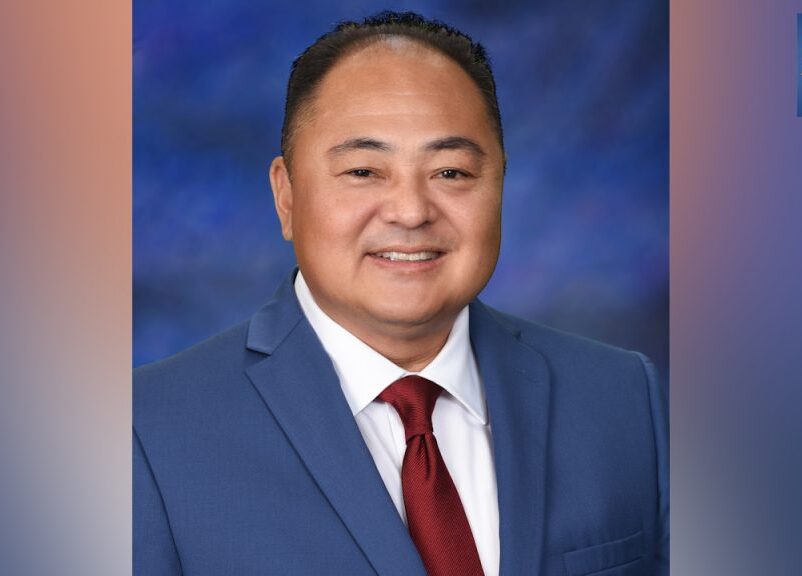
Convener and executive director of a non-profit organization, the Citizens’ Gavel, Nelson Olanikpekun, has stressed the need for more investment to ensure the introduction of artificial intelligence (AI) as a tool in governance as well as enhancement of processes, practices and policies.
Olanikpekun stated this at a workshop on: “AI For Social Justice: Leading Citizen’s Freedom of Expression” organised by Citizen’s Gavel Foundation in Abuja yesterday.
He said the country has struggled over the years to integrate the use of artificial intelligence into governance and other activities.
“We have struggled over the years implementing digital platforms in governance. If you look at the head of service for instance, they are just trying to digitise their platforms. Even in terms of elections, we have had this conversation concerning electronic voting.
“We need to invest more to ensure that we are moving from traditional analogue to digital ways and by so doing introducing AI as a tool, Olanikpekun he said.
In a keynote address, the chief judge of Borno State, Justice Kashim Zannah, said for Nigeria to favourably be at par with global happenings, the government at all levels must generate sufficient data.
Zannah said even in tackling insurgency and other security threats, artificial intelligence has proven to have the capacity to mitigate such occurrences including the set backs that might accompany the technology.
He said, “The fears are justified, but that doesn’t mean we can’t use AI in the justice system. It is about taking measures and ensuring that whatever drawbacks they come with are addressed and acknowledged based on the best approach and not on whimsical promises or mere talk.
“AI tech itself can help in mitigating some of the drawbacks of the technology. The digital device militates against the optimal use of AI. It is trying and the algorithm is trying based on data. But in Nigeria, have we generated sufficient data? So AI can be used, but you have to do the homework first and before you do that, data is needed. You can’t ignore it essentially because it is a tool.”
On his part, the country director of Accountability Lab Nigeria, Friday Odeh, said government investment should not just be in financial literacy but also in digital literacy for progress to be achieved, particularly in curbing corruption.
Odeh said, the huge existent gap which includes the out of school children simply showed that the next generation will be the kids of those who do not have access to technology, talkless of building technological companies.
“Technology has continued to increase the revenue of advanced countries. Look at the number of out-of-school children, the government is still trying to tackle the issue and which is a huge problem. So the next generation will be the kids of those who do not have access to technology, not to talk of building technological companies. So there’s the need to invest more in literacy, not just in financial literacy, but also in digital literacy.
“Priority lies with the government. There is a budget on security, infrastructure, works and housing, but you don’t have any of those going to digital technology or even education or healthcare. But we can have those platforms as done in advanced countries.
“If you remember, the EFCC chairman did mention that as much as 2.9 trillion naira has been lost to corruption through the award of contracts and others. ICPC on the other hand says about 60 percent of our resources are lost in contraction and procurement” he said.




